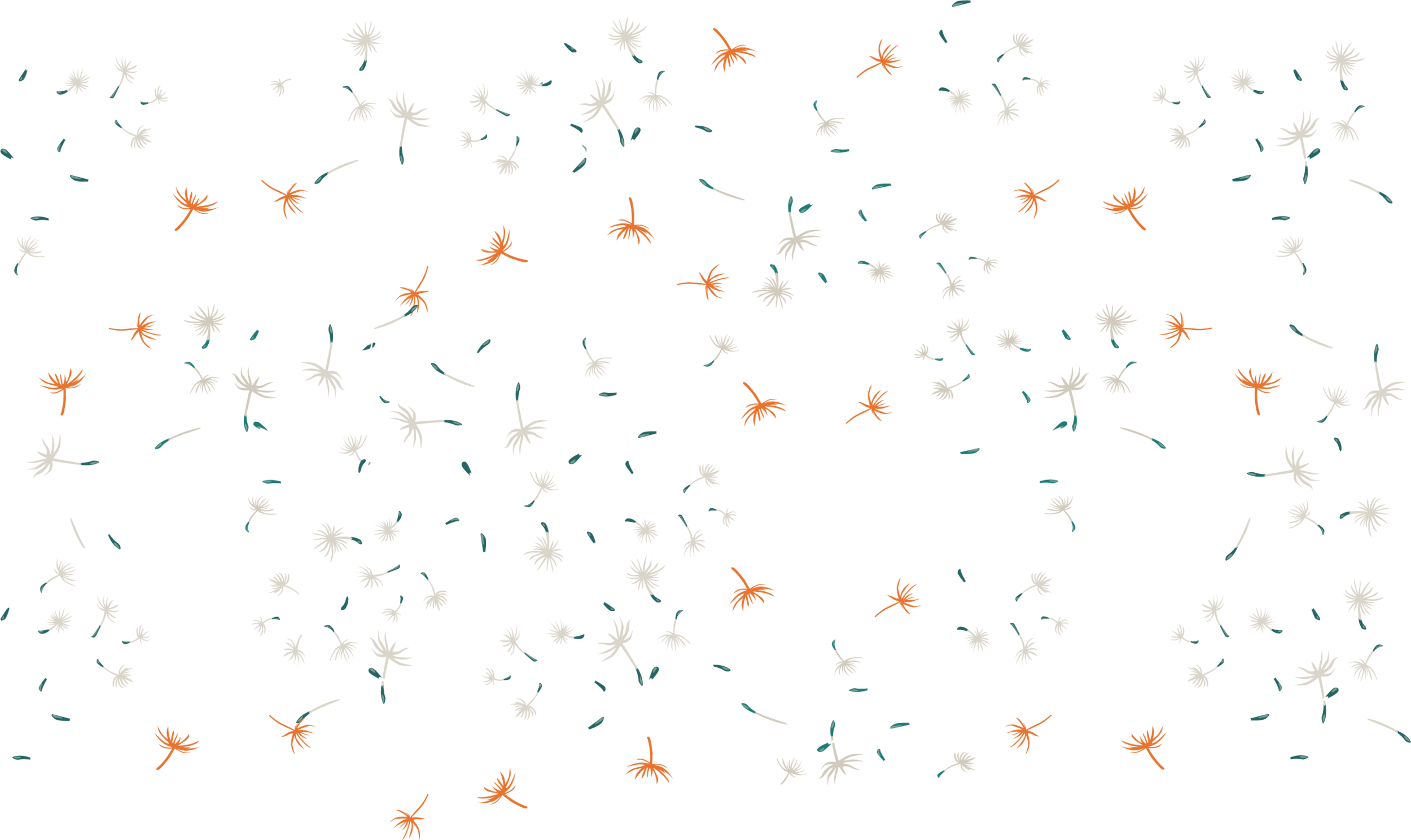
Winemaker
Environmentalist
Outdoor Enthusiast
Alisa Jacobson’s Biography
Owner, winemaker, environmentalist, and outdoor enthusiast Alisa Jacobson established Turning Tide Wines in 2018. The wines first debuted in the winter of 2020.
Today, Jacobson produces several wines under her Turning Tide label, while in 2021, she introduced “AJ” and “Rare North,” two high-quality, value-driven wine brands. The “AJ” portfolio allows Jacobson to lean on her California roots, while the Rare North label showcases her talents in the Willamette Valley using grapes from the Halona Woods Vineyard, a Vineyard she manages in the Mount Pisgah-Polk County AVA.
A longtime resident of Sonoma, she relocated to San Luis Obispo County in 2019, owns two vineyards in the Santa Ynez AVA—one with a decked-out vacation rental house—and is looking to acquire more as she grows her consulting business. Of the two vineyards she owns, one is an organically certified 10-acre site planted with Sauvignon Blanc grapes. The other is called Mora Vineyard and is a source of Grenache, Mourvèdre, and Verdelho for Jacobson’s Turning Tide red and white wine blends.
Before the harvest of 2022, Jacobson and Coastal Care Vineyard Associates established "Milestone," a winery in the Santa Ynez Valley of Santa Barbara County located near the township of Los Olivos. Formerly occupied by Bridlewood Estate Winery, Jacobson now produces Turning Tide and "AJ' wines there, among other brands.
Jacobson (who goes by “AJ”) has followed her passion for agriculture and the sciences from an early age. She was raised in the fertile California Sacramento-San Joaquin Delta. Growing up in and around farms instilled in her a lifelong desire to find ways to help protect the land and water supply and to educate people about preserving natural resources.
In 2001, upon graduation from UC Davis with a degree in viticulture and enology, Jacobson found work in cellars and winemaking labs in California focused on sparkling wine production. She also ventured to Australia to make Shiraz (and to take deep dives along the Great Barrier Reef!). After returning to California, Jacobson began work at Joseph Phelps, where she met Joel and Sarah Gott.
In 2003, the Gotts hired her as their first employee. She helped usher the Joel Gott wine label from obscurity to the globally-recognized iconic brand it is today. Jacobson rose to the rank of VP of Winemaking, overseeing a team of 30, and managing all winery and vineyard operations throughout California, Oregon, and Washington, as well as projects in Argentina, Chile, Italy, France, and New Zealand.
Dedicated to her cause of trying to help the wine industry become more sustainable and climate-forward, she currently sits on the board of the Oregon Wine Council, and served as the co-chair of the Unified Grape and Wine Symposium Program Development committee for the 2023 and 2024 conventions. Jacobson is also a peer review panelist for AVF Industry Review Panels, sits on the Stakeholder Advisory Committee for the Winegrape Smoke Exposure SCRI Grant, and is the chair of the research committee on the West Coast Smoke Exposure Task Force.
Making wines from all over the world has taught Jacobson that wine is made in the vineyard, and the healthier the soil and environment, the more alive and vibrant the wine will appear in the glass. She is committed to the goal of showcasing the true essence of the grapes she harvests, all while respecting the elements each vineyard site provides—and helping turn the tide on how vineyards are farmed around the globe.
Winemaking
The most exciting moment for me, as a winemaker, is experiencing the true expression of the fruit from each vineyard site, as it appears in the glass—poured from a bottle that began as grapes years earlier.
My winemaking style is to show off, or in some cases, help enhance the essence of each grape variety all while respecting the elements each vineyard site provides. I believe that each bottle of wine should be a reflection of the place it came from.
“I want each bottle to be as expressive, and true to site as possible.”
Turning Tide wines are sourced from vineyards that are distinctly influenced by oceanic fog, which provides a cool, slow-ripening environment. Grapes are picked at naturally lower sugar levels to produce wines with lower alcohol. I believe that lower alcohol levels allow for more complex nuances to shine, particularly the more delicate aromas and flavors that can be overshadowed higher alcohols.
Any oak used for aging purposes is intended to “lift up” the expression of the wine—never to mask it. I also use as little sulphur as possible, because I’ve experienced that with strict, hygienic winemaking practices, the addition of sulphur—which acts as a preservative—is not necessary. Experience has taught me that extra sulphur additions can actually mask some of those more ephemeral aromas and flavors in wine, and with Turning Tide, I want each bottle to be as expressive, and true to site as possible.

Activism Work
Coming to Grips with the
Impact of Smoke on Wine
Alisa Jacobson is interviewed by the winewrite.com on the effects the wildfires of 2020 had on the west coast. Read about her work with the West Coast Smoke Exposure Task Force and their work after the dust has settled.
Crop insurance gets new tools for wine smoke taint
West Coast Smoke Exposure Task Force, started by Alisa Jacobson, of Joel Gott Wines last year, is a group of researchers and winemakers. It is aggregating smoke-taint testing protocols for taking grape berry and microfermentation samples developed by the Australian Wine Research Institute for U.S. growers and vintners.
Alisa Jacobson featured in the Sommelier's Journal
The fires that ripped across the west coast devastated millions of acres in in California, Oregon and beyond. Our Alisa Jacobson, who serves as winemaker for Joel Gott Wines and Turning Tide Wines, is overseeing the West Coast Smoke Exposure Task Force’s research committee.
Read more on the sommjournal.com (page 72-73)
The West Coast Smoke
Exposure Task Force
A smoke exposure task force working with wine industry stakeholders from California, Oregon, and Washington along with university professors to research wildfire issues affecting grape production around the globe.
Porto Protocol
Turning Tide is a member of The Porto Protocol, a non-profit foundation formed by Taylor’s Port, helping create and foster a network of global like-minded vintners who are dedicated to slowing and reversing climate change, while reducing their carbon footprint.
Wine To Water
Wine To Water is making an incredible impact and water is just the beginning. Around the world we see health, education, agriculture, economic development and women’s empowerment flowing from clean water. The ripple effects are truly life giving.
When Smoke Gets in Your Wine
Growers, vintners, and scientists are scrambling to protect California’s prized Napa Cab from the aftertaste of wildfires.












